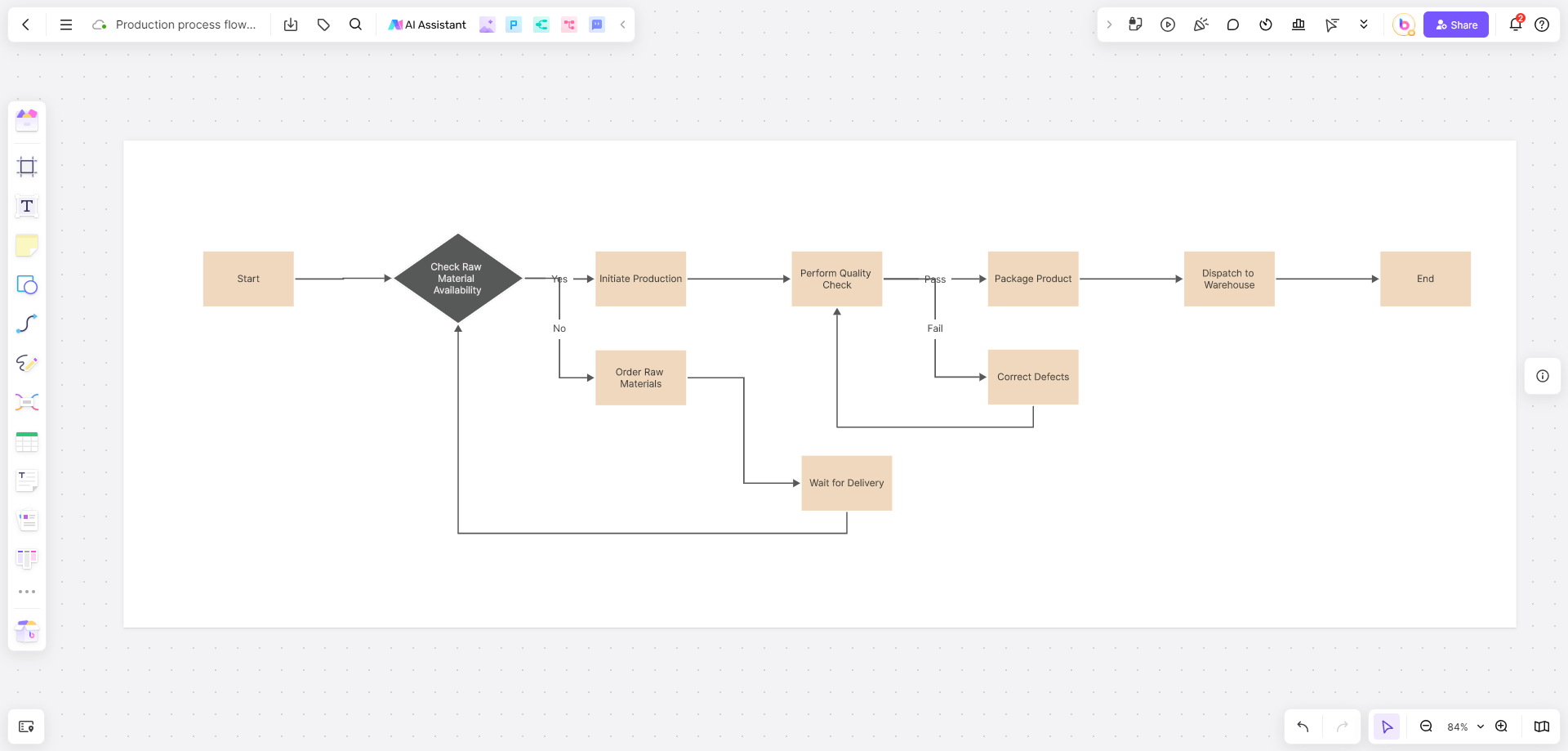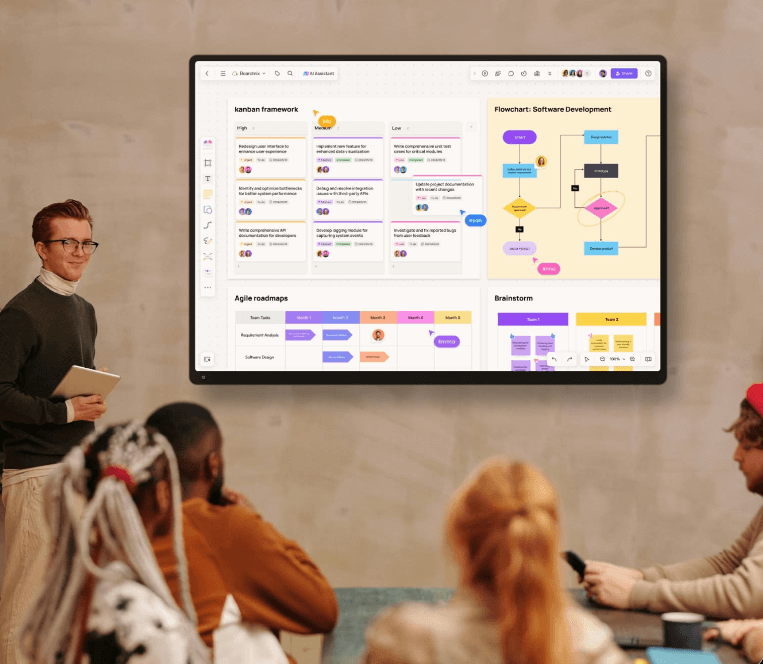One powerful yet often overlooked tool for fostering better collaboration and continuous improvement is meeting reflection. By taking the time to reflect on meetings, teams can identify what works well, what needs improvement, and how to optimize their processes for future success. This article delves into the concept of meeting reflection, its importance, best practices, and the tools that can facilitate this process, with a special focus on how to use Boardmix for effective team meeting reflections. Whether you are new to the concept or looking to refine your approach, this guide provides valuable insights to enhance your team's performance.
What is Meeting Reflection and Why is it Important?
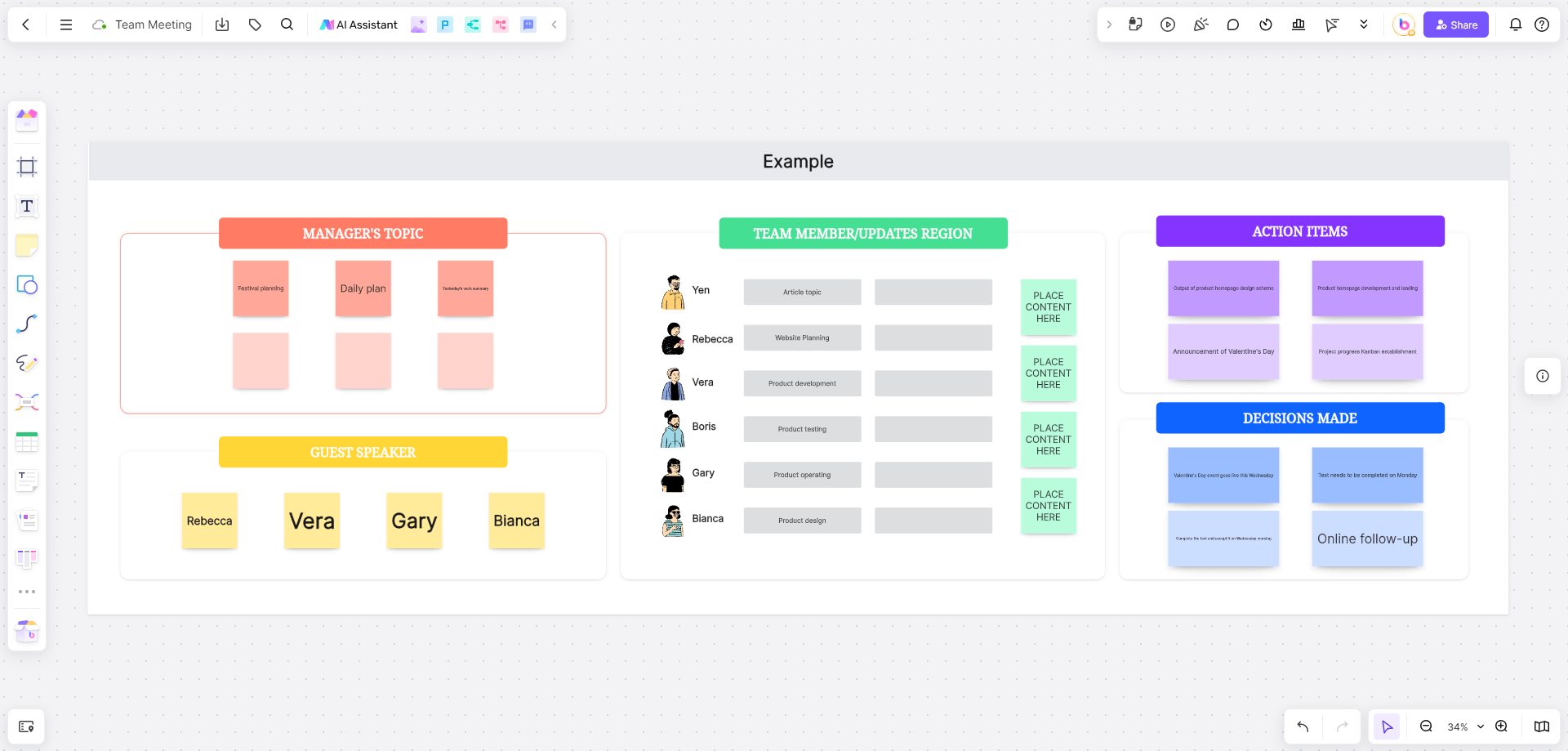
Meeting reflection is a structured process where team members review and analyze the effectiveness of their meetings. This practice involves evaluating what went well, what didn't, and how future meetings can be improved. It is a critical component in fostering open communication, continuous improvement, and effective teamwork.
Importance of Meeting Reflection:
Improves Communication: By regularly engaging in meeting reflections, teams can identify communication gaps and address them proactively.
Enhances Productivity: Reflecting on meetings helps teams to streamline processes, making future meetings more efficient and productive.
Builds Trust: Honest and open reflections foster a culture of transparency and trust among team members.
Encourages Continuous Improvement: Meeting reflections for work are vital for identifying areas of improvement and implementing changes that drive better outcomes.
What Are the Best Practices for Conducting Meeting Reflections?
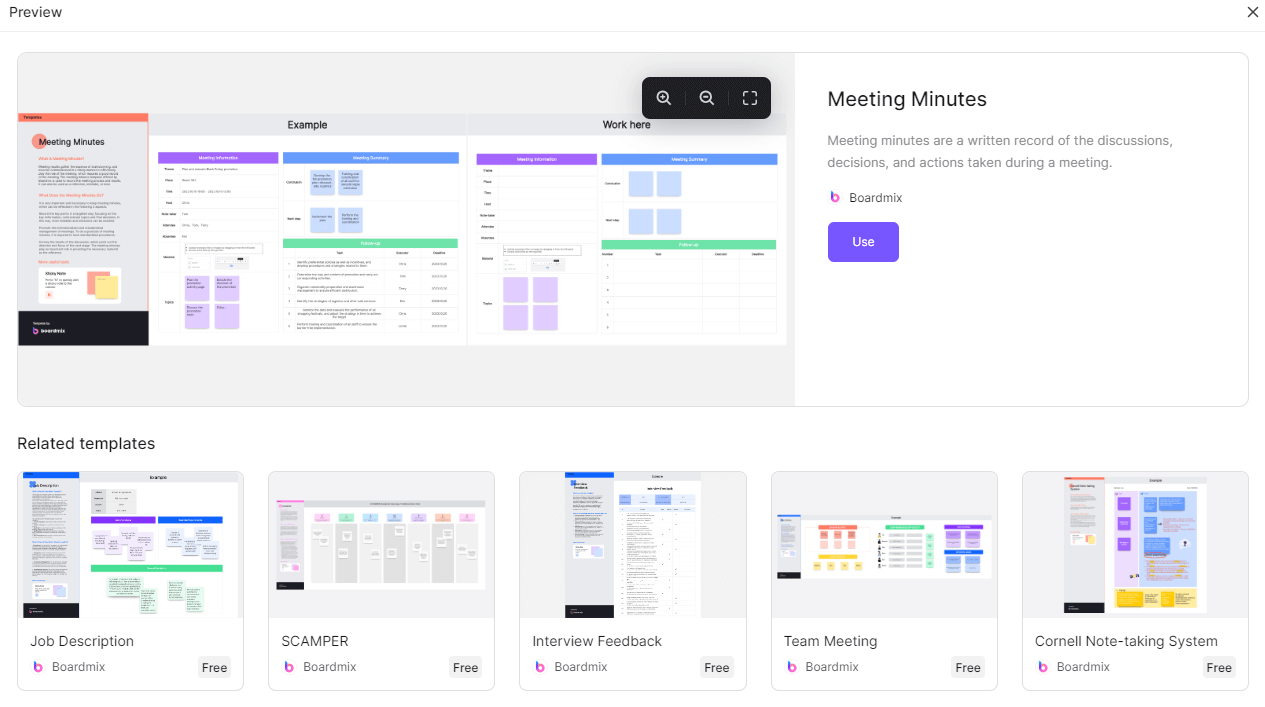
To encourage honest and productive reflections, it's essential to create a safe environment where all team members feel comfortable sharing their thoughts without fear of judgment or repercussions. Specific feedback should be encouraged over vague comments, and the focus should be on identifying actionable steps and solutions rather than just highlighting problems. This approach helps in making the reflections more practical and constructive.
Additionally, it's important to make teamwork reflections for meetings a regular part of the team's routine to normalize the practice and ensure continuous improvement. Utilizing structured formats, such as the Plus/Delta method (what went well/what could be improved), can guide reflections effectively. These techniques collectively foster an open dialogue and drive meaningful insights that contribute to the team's growth and development.
Tools and Methods to Facilitate Meeting Reflections
Leveraging technology can significantly enhance the effectiveness of meeting reflections. Here are ten software tools that can facilitate productive teamwork reflections for meetings for work:
1. Boardmix
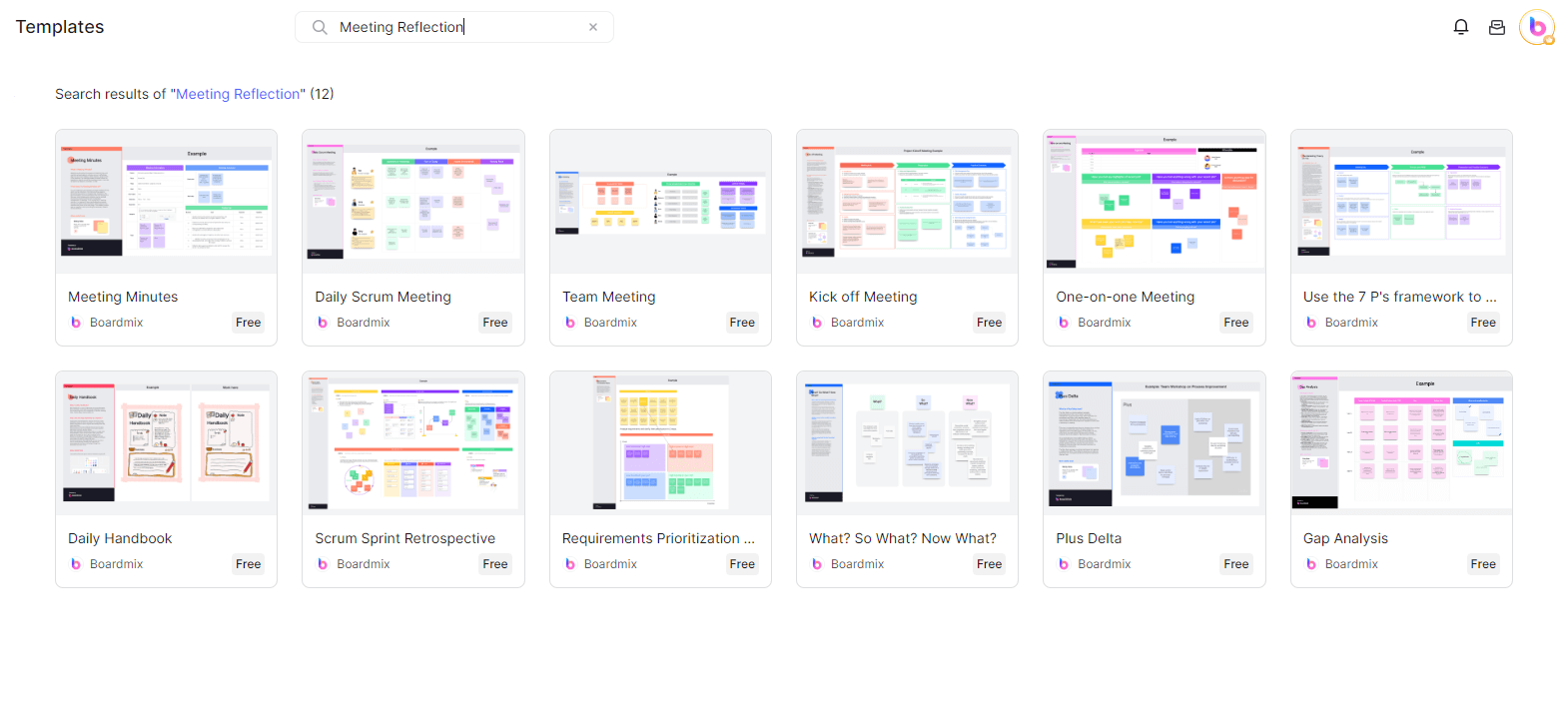
Boardmix is an intuitive tool designed for real-time collaboration and reflection, making it ideal for teamwork reflections for meetings.
Real-Time Collaboration: Multiple users can collaborate simultaneously, ensuring everyone's input is captured.
Customizable Templates: Provides templates for meeting reflections, simplifying the process.
Analytics and Reporting: Generates insightful reports that help teams track progress and identify trends.
Integration Capabilities: Boardmix integrates smoothly with other popular productivity tools, allowing for a seamless workflow.
Security and Privacy: Boardmix prioritizes the security and privacy of your data, ensuring that all reflections and collaborative efforts are protected with robust encryption and compliance with industry standards.
2. Miro
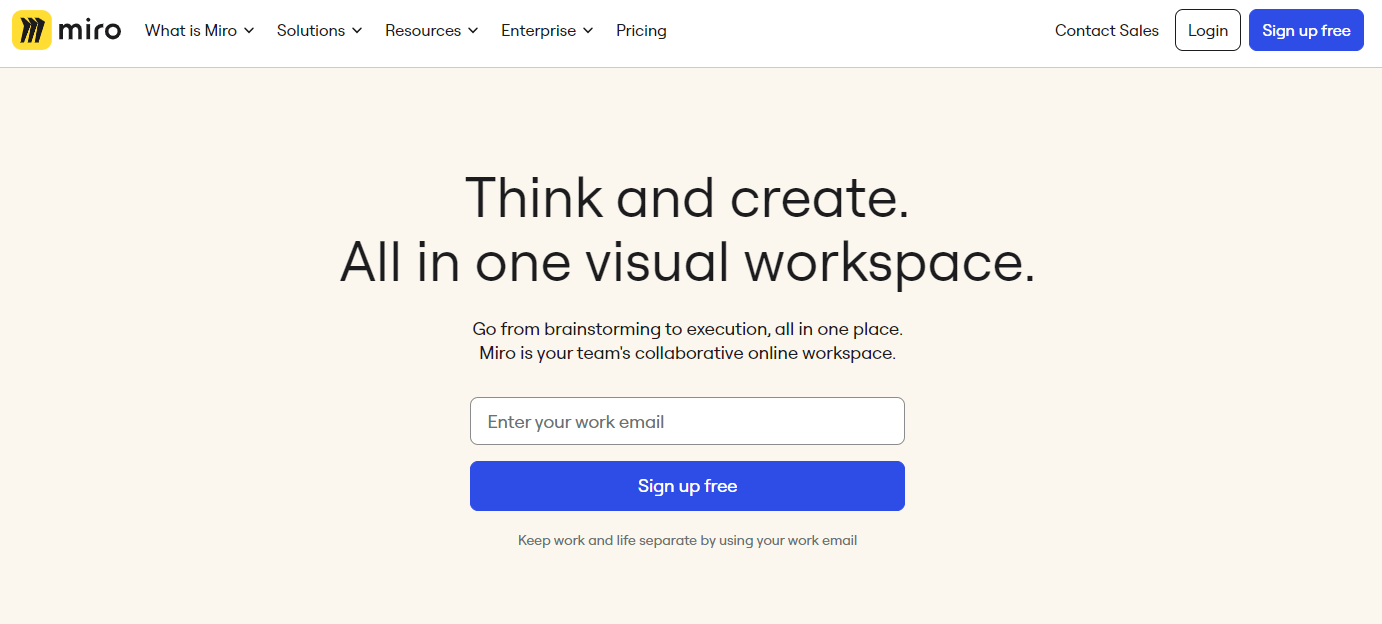
Miro is a versatile online whiteboard that supports various collaborative activities, including meeting reflections.
Visual Collaboration: Offers a range of visual tools to help teams brainstorm and reflect.
Templates: Includes pre-built templates for teamwork reflections for meetings.
Integration: Integrates with other productivity tools, enhancing workflow.
3. Trello
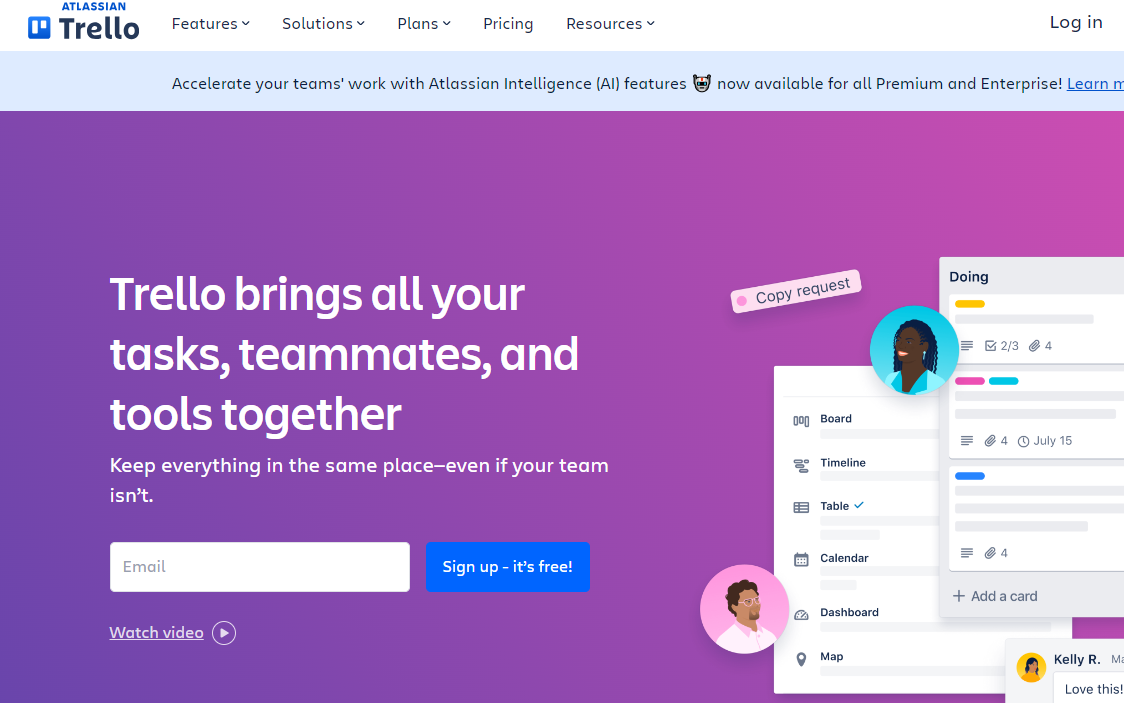
Trello is a project management tool that can be adapted for meeting reflections through its flexible board and card system.
Customizable Boards: Create boards specifically for meeting reflections.
Collaboration: Team members can comment and provide feedback on reflection cards.
Templates: Use or create templates for consistent reflection processes.
4. Asana
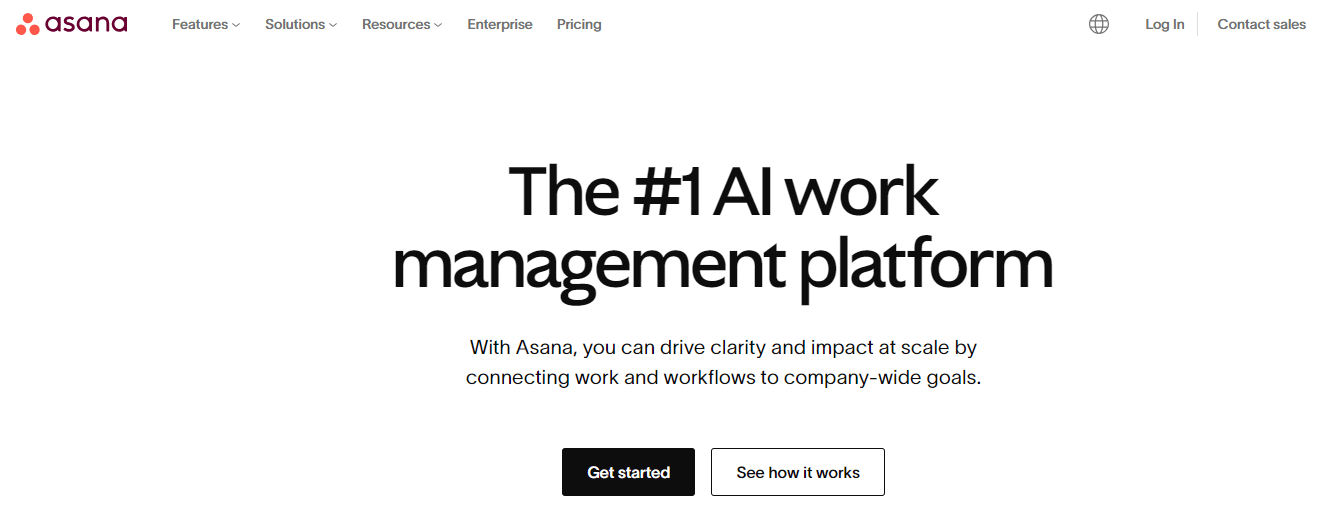
Asana is another project management tool that can be leveraged for meeting reflections.
Task Management: Track action items from reflections and assign them to team members.
Custom Fields: Customize fields to capture specific reflection details.
Reporting: Generate reports to review the outcomes of meeting reflections.
5. Google Workspace
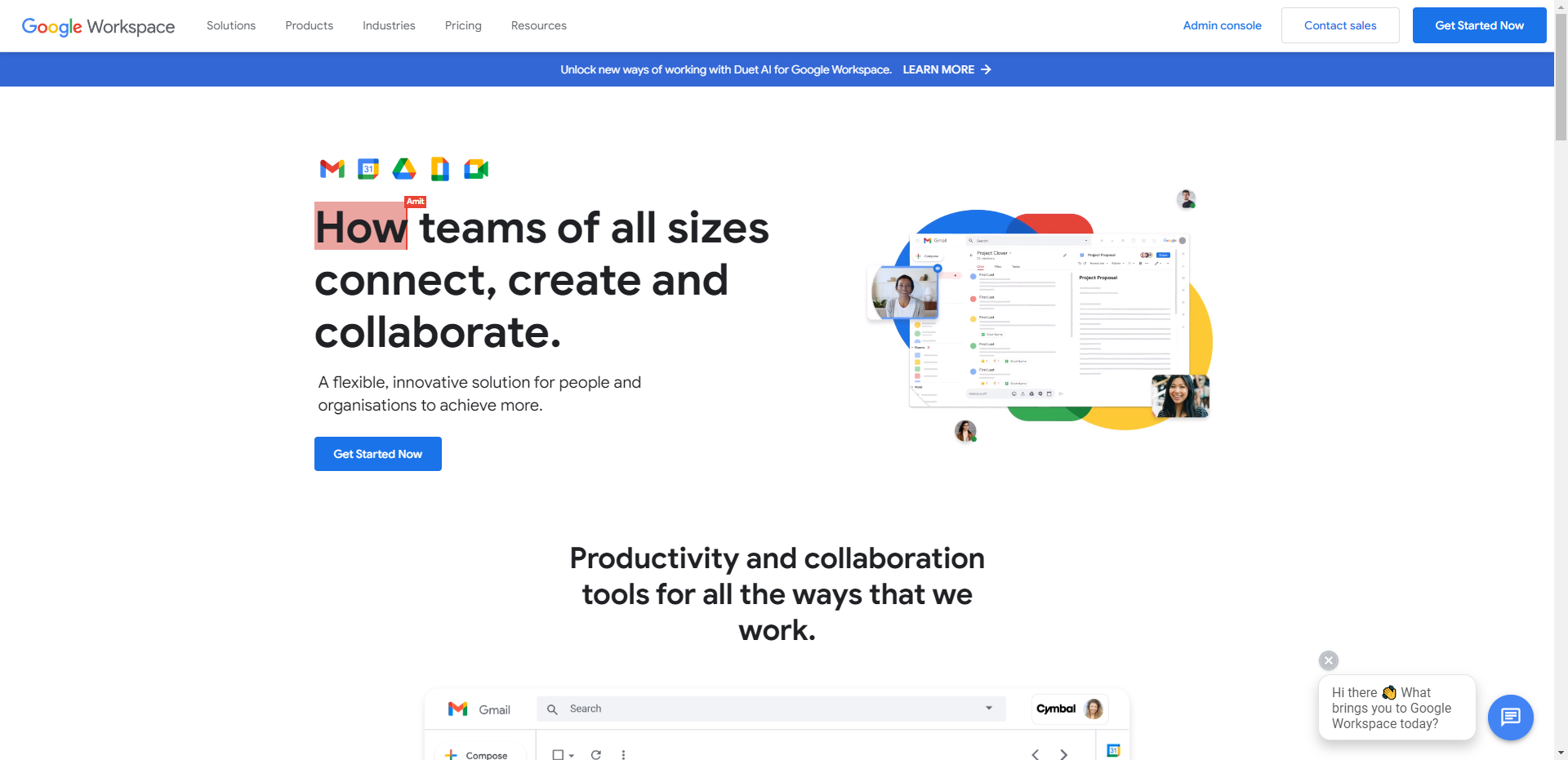
Google Workspace offers a suite of tools that can be used for meeting reflections, including Google Docs, Sheets, and Forms.
Collaborative Documents: Use Google Docs for collaborative reflection documents.
Surveys and Forms: Google Forms can be used to gather structured feedback.
Spreadsheets: Google Sheets can track reflection data and action items.
6. Microsoft Teams

Microsoft Teams is a collaboration platform that integrates with other Microsoft Office tools, making it suitable for meeting reflections.
Channels and Tabs: Create dedicated channels for teamwork reflections for meetings.
Integration: Integrate with OneNote or Planner for detailed reflections and task tracking.
Video Conferencing: Conduct reflections in real-time through video meetings.
7. Slack

Slack is a messaging platform that can facilitate asynchronous meeting reflections through its channels and threads.
Channels: Create channels for specific reflection topics.
Polls and Surveys: Use Slack integrations to conduct quick polls and surveys.
Threaded Conversations: Keep reflection discussions organized with threads.
8. Notion
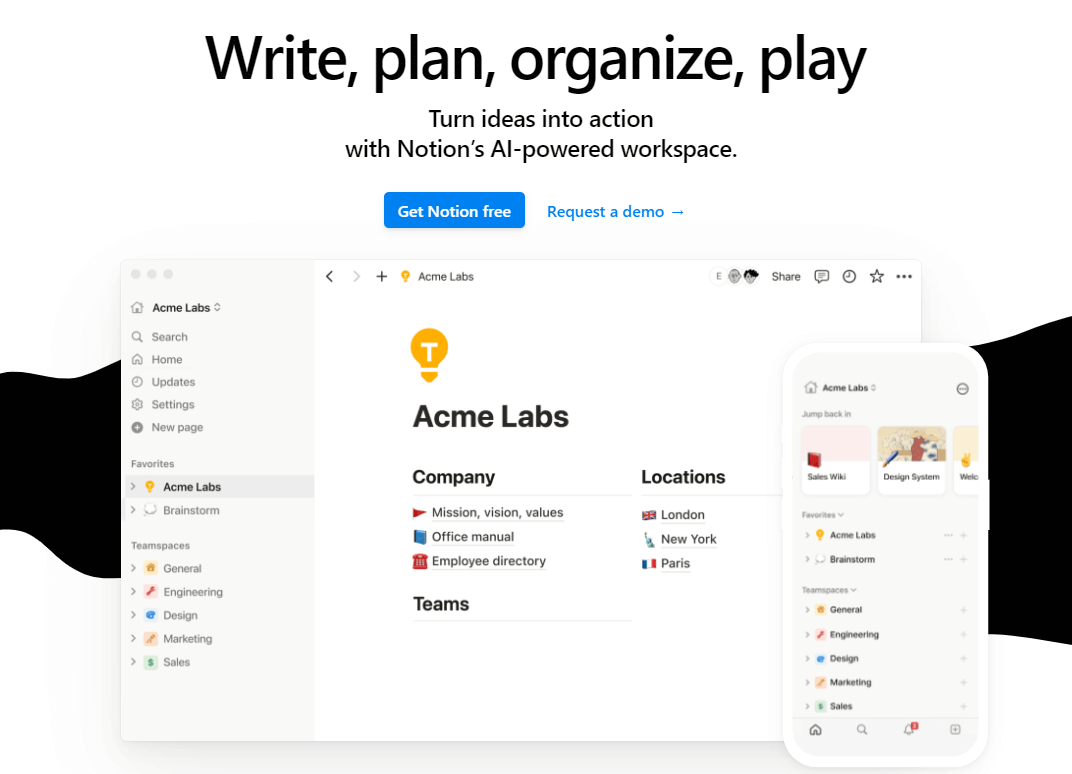
Notion is an all-in-one workspace that combines notes, tasks, and databases, making it ideal for meeting reflections.
Templates: Create or use templates for structured reflections.
Databases: Track reflection outcomes and action items in databases.
Collaboration: Real-time collaboration on reflection pages.
9. Monday.com
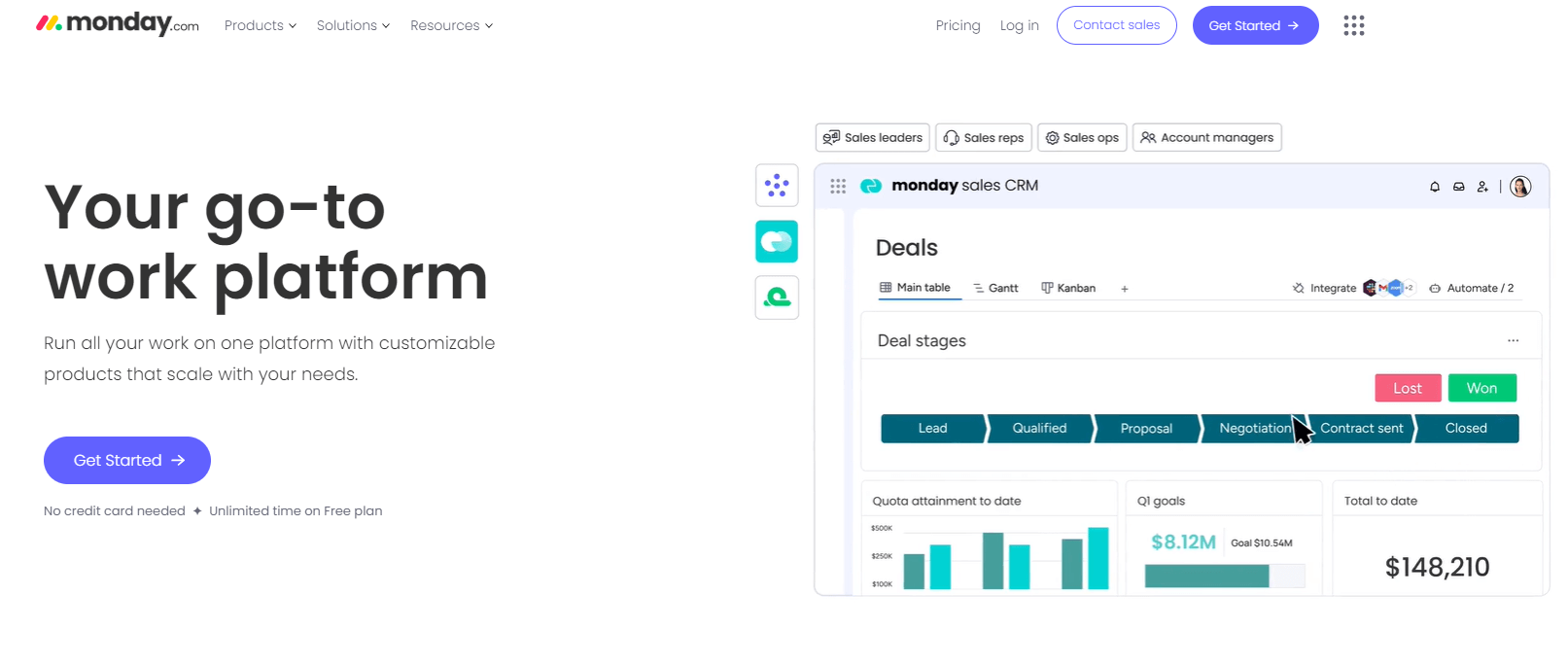
Monday.com is a work operating system that can be tailored for meeting reflections through its customizable boards and workflows.
Custom Workflows: Design workflows for capturing and reviewing reflections.
Integration: Integrates with other tools for seamless workflow.
Visualization: Visualize reflection data with charts and graphs.
10. SurveyMonkey
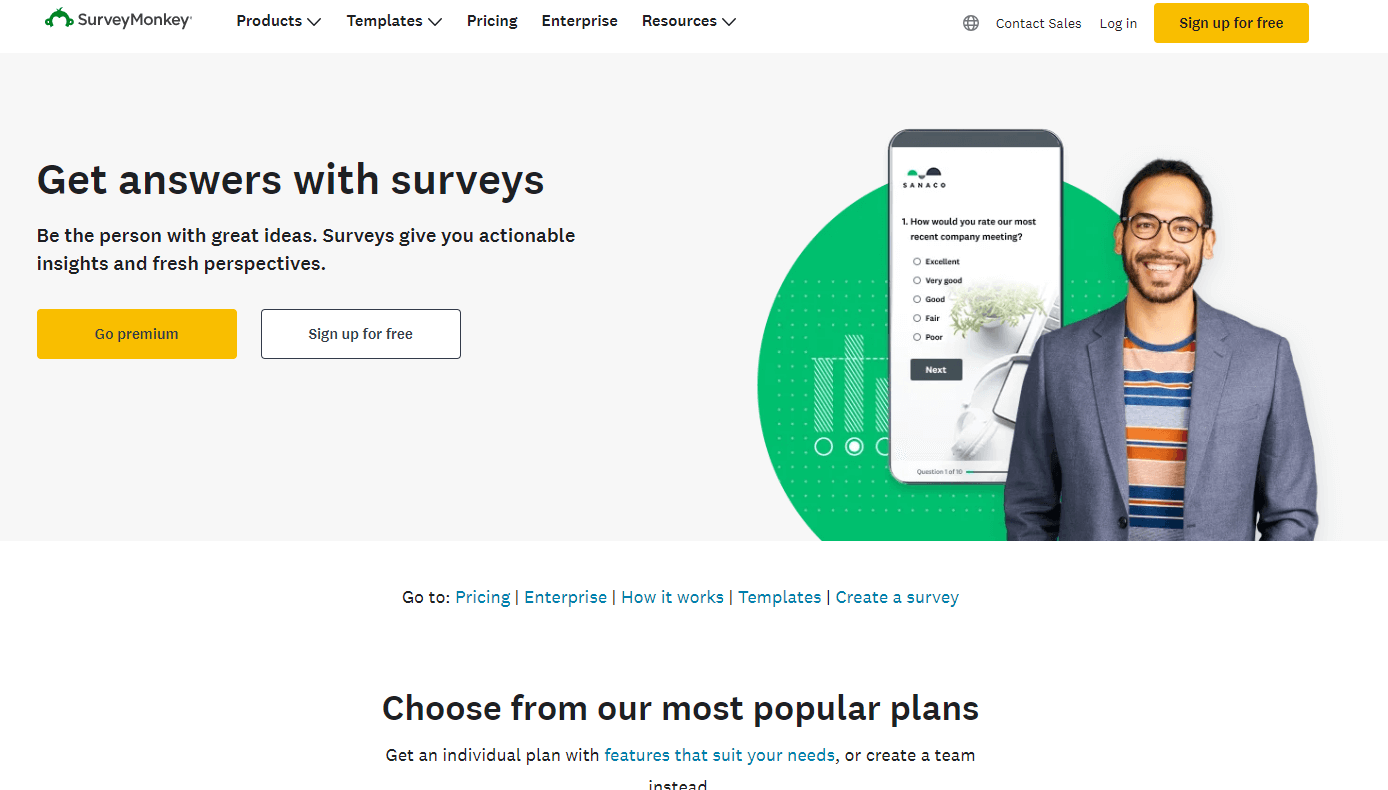
SurveyMonkey is a survey tool that can be used to gather structured feedback from meeting reflections.
Custom Surveys: Create custom surveys to gather detailed reflection feedback.
Analytics: Analyze survey results to identify trends and areas for improvement.
Integration: Integrate with other tools to streamline the reflection process.
Step-by-Step Guide to Use Boardmix for Team Meeting Reflection
Boardmix is a powerful tool for conducting effective meeting reflections for work. Here’s how to use it step-by-step:
Step 1: Sign Up and Set Up Your Workspace
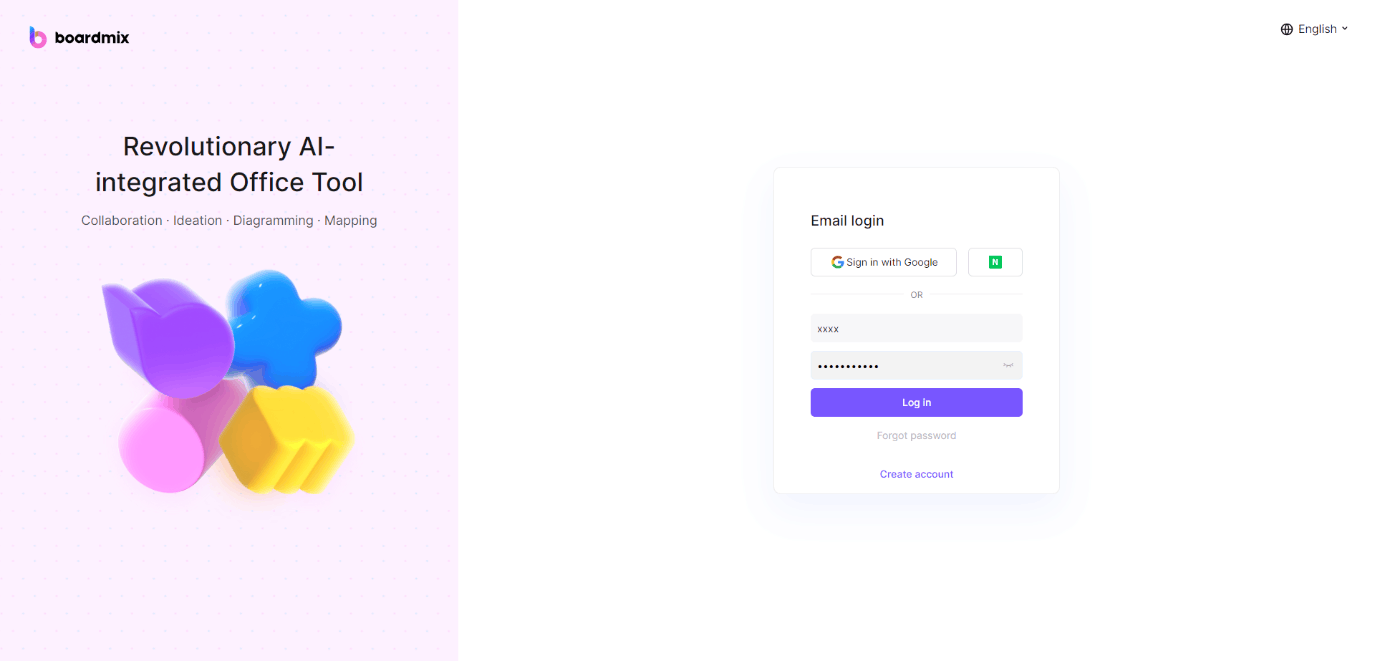
Create an Account: Sign up for a Boardmix account and log in.
Set Up a Workspace: Create a new workspace dedicated to teamwork reflections for meetings.
Step 2: Create a Meeting Reflection Template
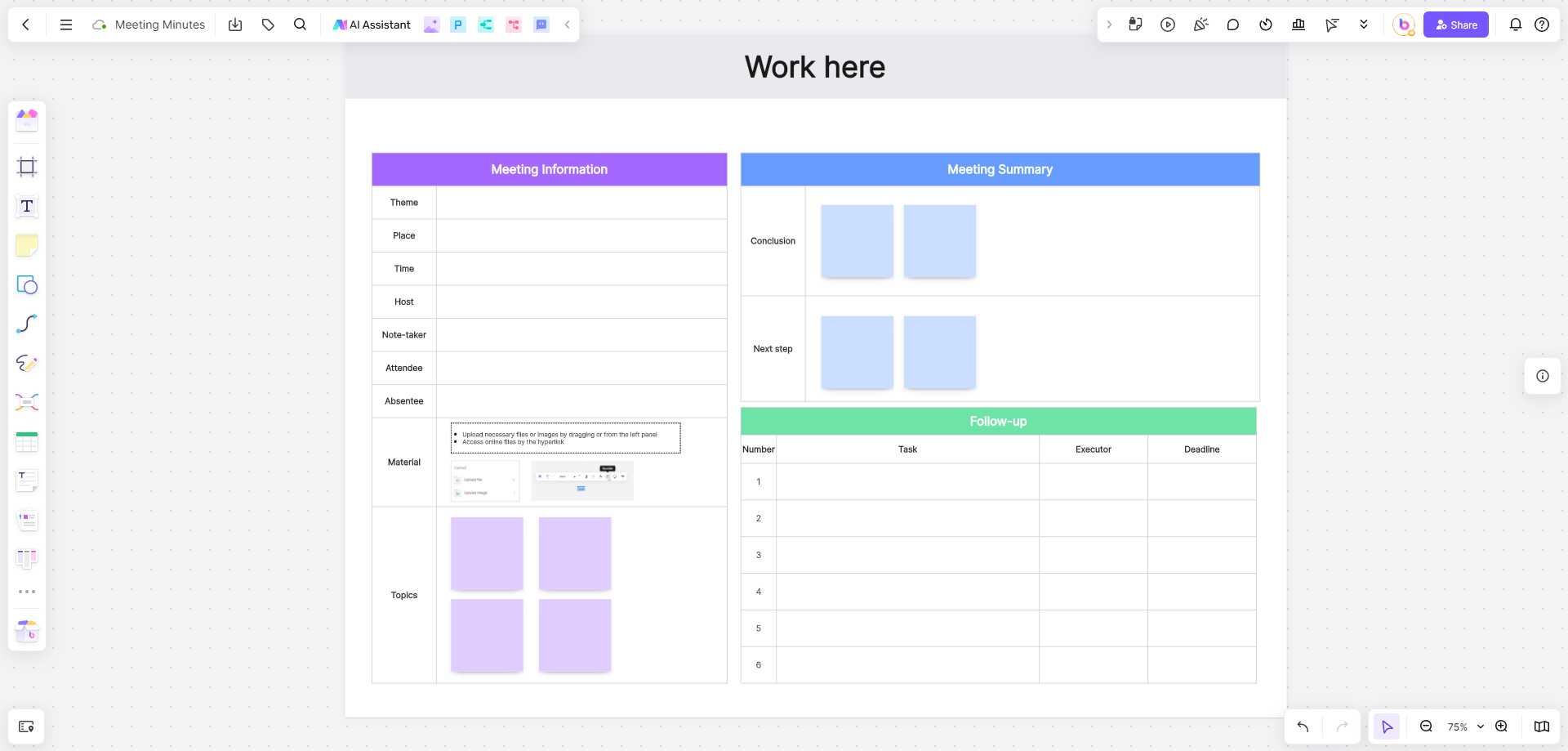
Choose a Template: Select a predefined template for meeting reflections or create a custom one.
Customize the Template: Tailor the template to fit your team’s specific needs by adding relevant categories and sections.
Step 3: Invite Team Members
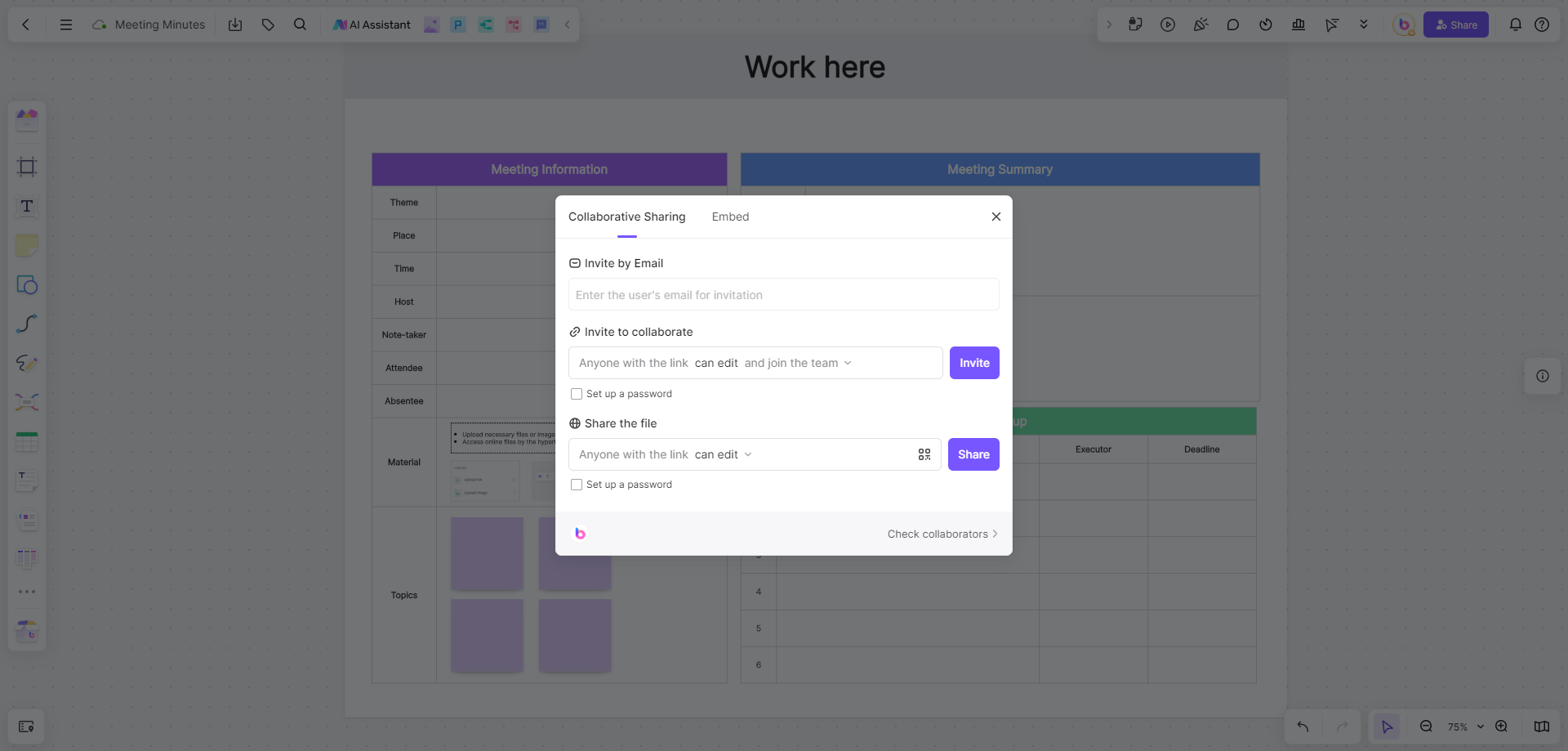
Add Members: Invite team members to join the workspace.
Assign Roles: Assign roles and permissions to ensure everyone can contribute effectively.
Step 4: Conduct the Reflection Meeting
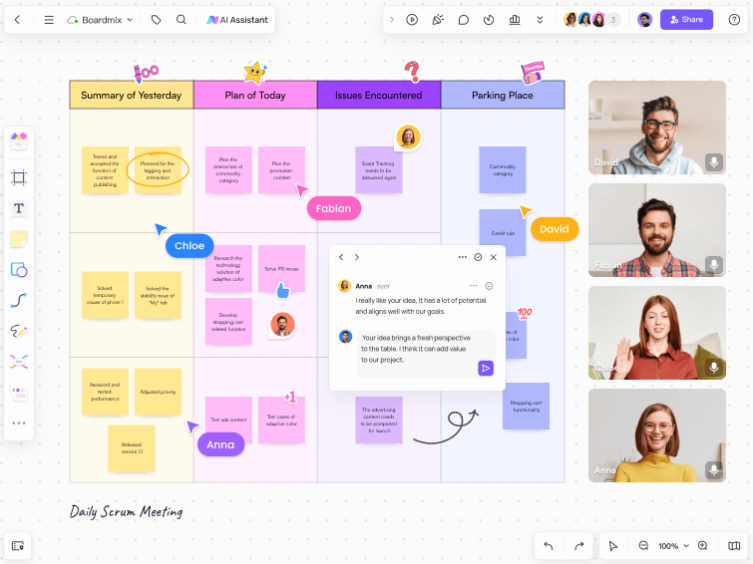
Schedule the Meeting: Schedule a dedicated time for the meeting reflection.
Use Real-Time Collaboration: During the meeting, use Boardmix’s real-time collaboration features to gather input from all team members.
Document Feedback: Document all feedback in the reflection template.
Step 5: Analyze and Act on Feedback
Review Feedback: After the meeting, review the collected feedback and identify key themes.
Create Action Items: Translate feedback into actionable items and assign them to team members.
Track Progress: Use Boardmix to track the progress of action items and ensure follow-up.
Step 6: Share and Archive Reflections
Share Results: Share the reflection results and action items with the team and relevant stakeholders.
Archive for Future Reference: Archive the reflection documents for future reference and continuous improvement.
What Challenges Might You Face with Meeting Reflections and How to Overcome Them?
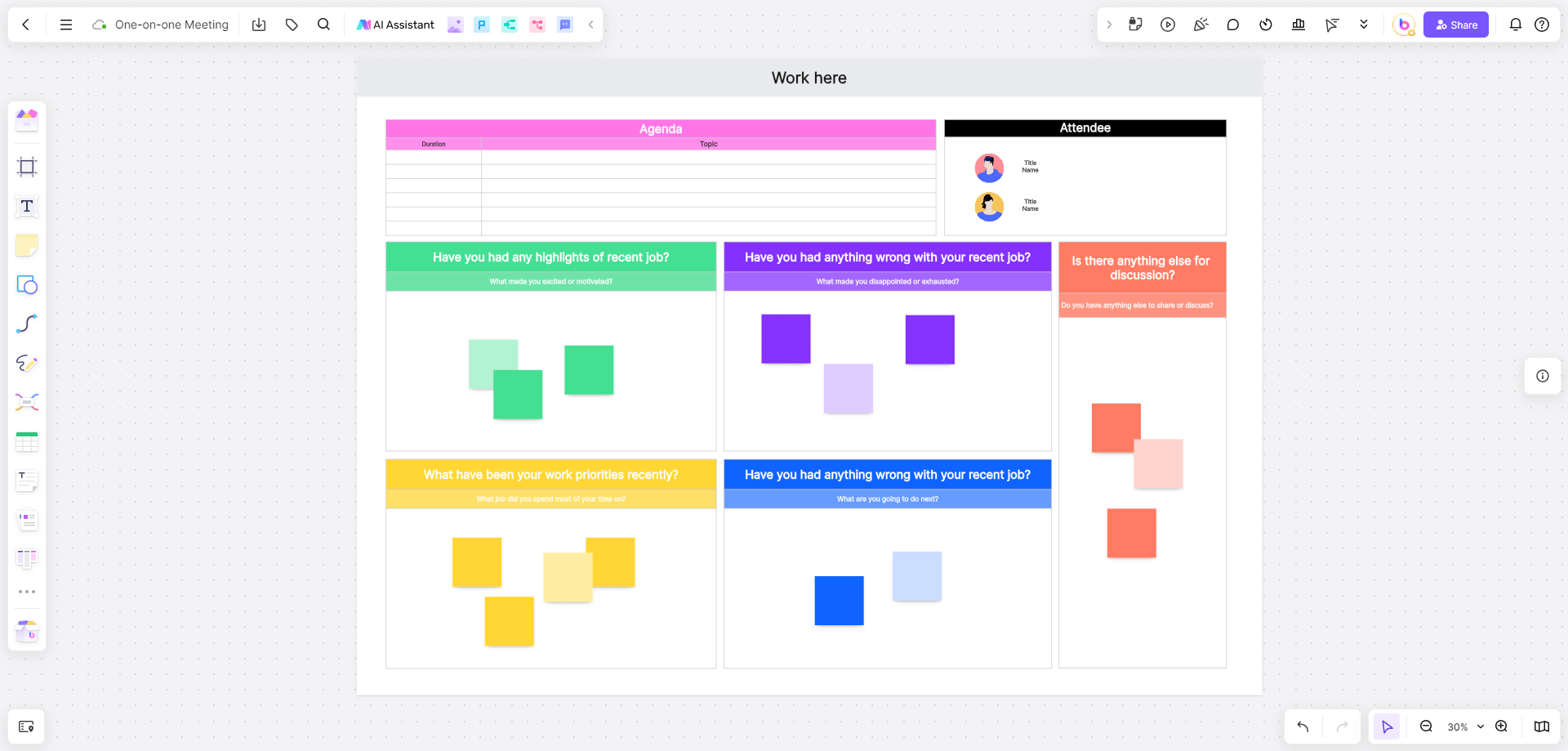
Challenges
Lack of Participation: Some team members may be reluctant to participate fully in reflections.
Bias and Subjectivity: Feedback may be biased or subjective, affecting the accuracy of the reflections.
Time Constraints: Finding time for regular reflections can be challenging in a busy work environment.
Follow-Through: Ensuring that action items from reflections are implemented can be difficult.
Overcoming Challenges
Encourage Participation: Foster a culture of openness and encourage all team members to contribute. Use anonymous feedback tools if necessary.
Promote Objectivity: Use structured formats and specific criteria to minimize bias and ensure objective feedback.
Schedule Regularly: Allocate dedicated time for meeting reflections and stick to the schedule to make it a habit.
Ensure Accountability: Assign clear responsibilities for action items and track progress to ensure follow-through.
Meeting reflections are a powerful tool for enhancing teamwork and driving continuous improvement. By utilizing best practices and leveraging tools like Boardmix, teams can conduct effective meeting reflections for work that lead to actionable insights and better outcomes. Despite the challenges, with the right approach, meeting reflections can become an integral part of your team’s success strategy.





